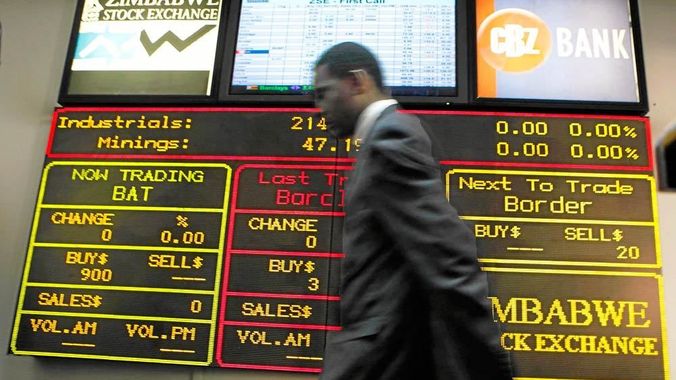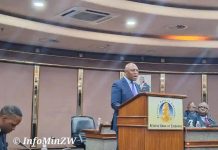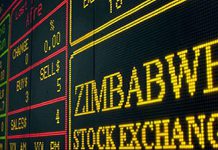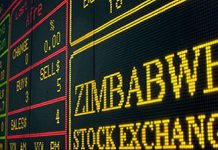FOREIGN investor participation on the Zimbabwe Stock Exchange (ZSE) is likely to remain subdued in full-year 2020 if the government fails to enforce mechanisms for the repatriation of funds outside the country.
Foreign investors’ participation for the greater part of 2019 was on the low end with foreign buys closing the year at US$25 million — the lowest in 10 years — while recording the lowest contribution to total turnover in 11 years (at 13%) as foreign investors chose to continue sitting on the fence.
While local counters are hedging against inflation on the local bourse, ZSE chief executive Justin Bgoni told businessdigest that foreign investors were unhappy with the repatriation rules.
Last year, foreign investors threatened to pull out of the bourse, as efforts to engage the government failed to bear fruit.According to data from Chengetedzai Depository Company, foreign investors constitute 20,8% of the ZSE total market value and in December 2019 local investors dominated the accounts opened.
In anticipation of increased market turnover in full-year 2020 in Zimbabwean dollar terms, the ZSE is now saddled with the task of working hard to bring the same level of foreign participation on the platform.
“We know foreign investors are not happy with the difficulty in repatriating their funds and as long as this is the case, 2020 will remain subdued in terms of foreign investor participation. We will continue to engage government in terms of improving the conditions for foreign investors and, in addition, we will continue to dialogue with large foreign institutional investors both inside and outside Zimbabwe,” Bgoni said.
He added that there was tremendous value on the ZSE in real terms with some companies trading well below their replacement value.”In US dollar terms, we believe there is tremendous value on the ZSE. Some companies are trading well below their replacement value. Generally, 2020 is seen as a difficult year for counters trading on the ZSE as the performance of listed companies is envisaged to reflect the economy’s performance,” he said.
“The year 2020 is expected to be difficult for the Zimbabwean economy with the drought, persistent power and energy shortages, foreign currency shortages and limited external support. However, our listed companies have proven that they are resilient. You can see in the way some companies have become more export-oriented so that they can increase their foreign currency earnings. You can also see how companies are now developing or manufacturing things that they used to import.”
Late last year, large counters on the ZSE suffered a huge reduction in earnings as reflected by financial results in the face of continued economic volatility.
Meanwhile, Bgoni said new listings were expected this year especially in products such as exchange-traded funds (ETFs), possible state-owned enterprise listings (as per government policy) and some private companies that the bourse was in discussions with last year.
“Our aim is to encourage ordinary Zimbabweans to invest on the ZSE market and we are working with other industry players such as the Securities (and Exchange) Commission of Zimbabwe and Investor Protection Fund on initiatives on this. We also believe the new products and listings will bring in a new type of investor on the market. And technically we see an increase just because of inflation as investment on the ZSE remains a hedge against inflation,” he said.
ZSE equities market capitalisation decreased marginally by 2,96% to close the month of December 2019 at ZW$29,49 billion compared to ZW$30,39 billion as at November 30 2019.






